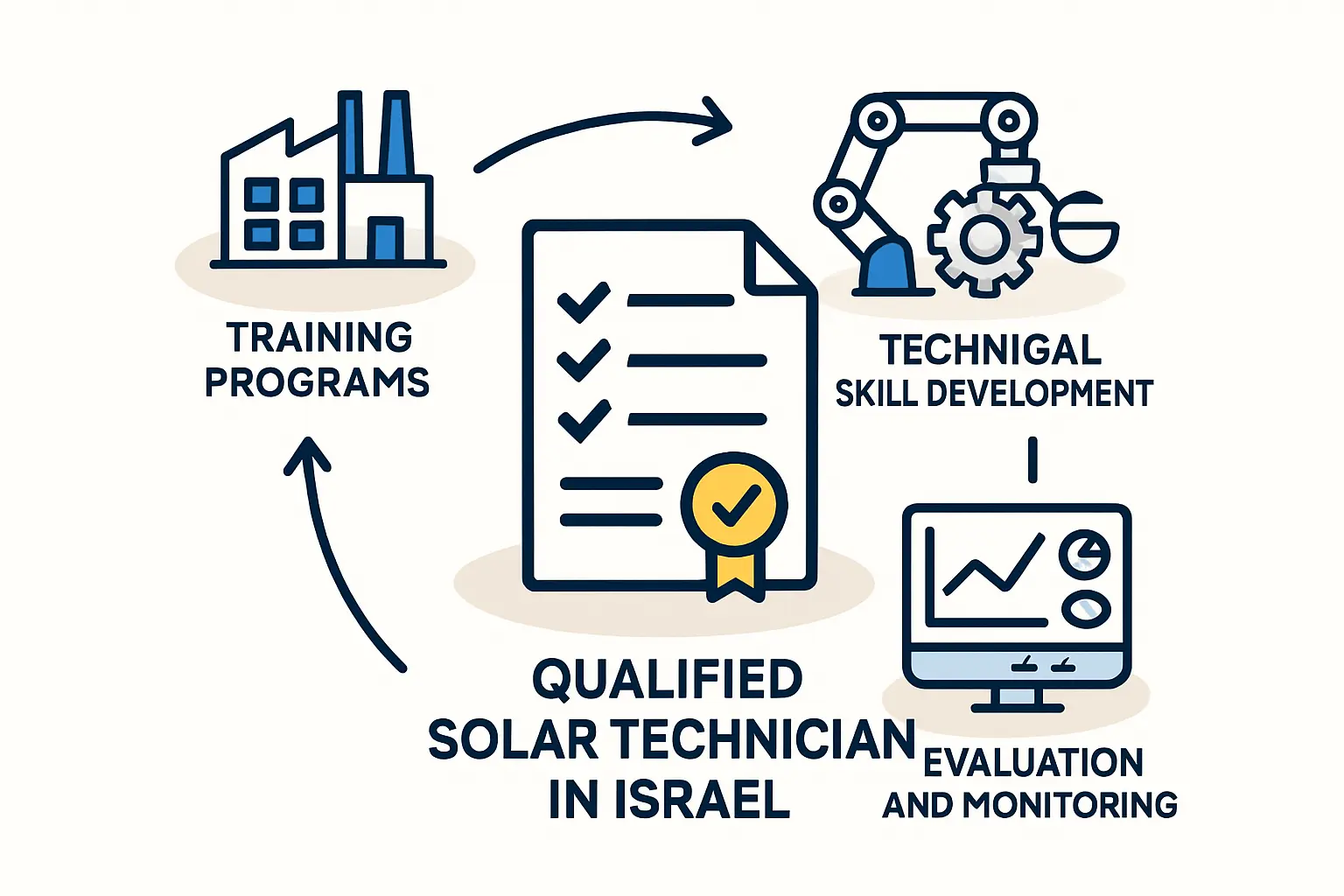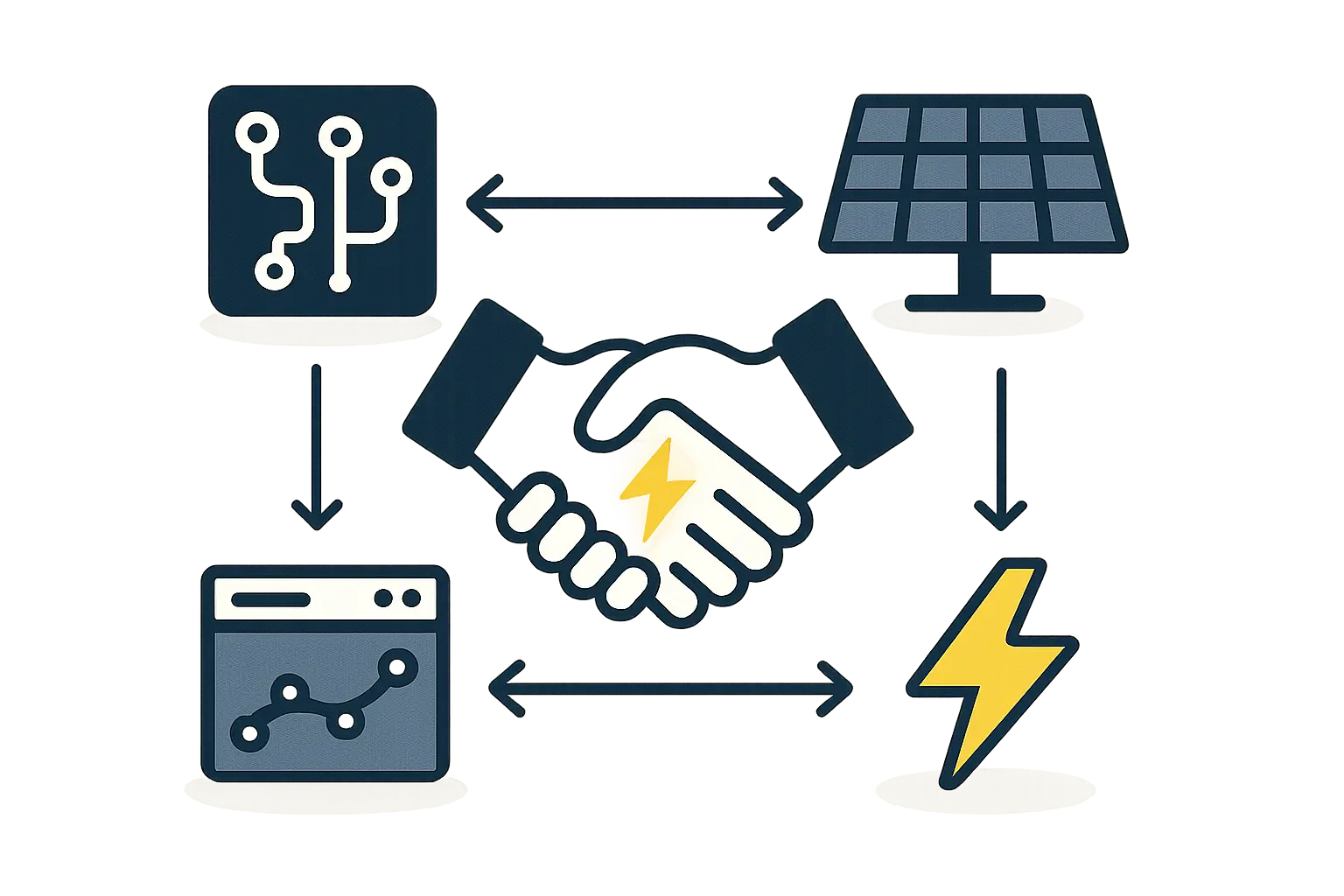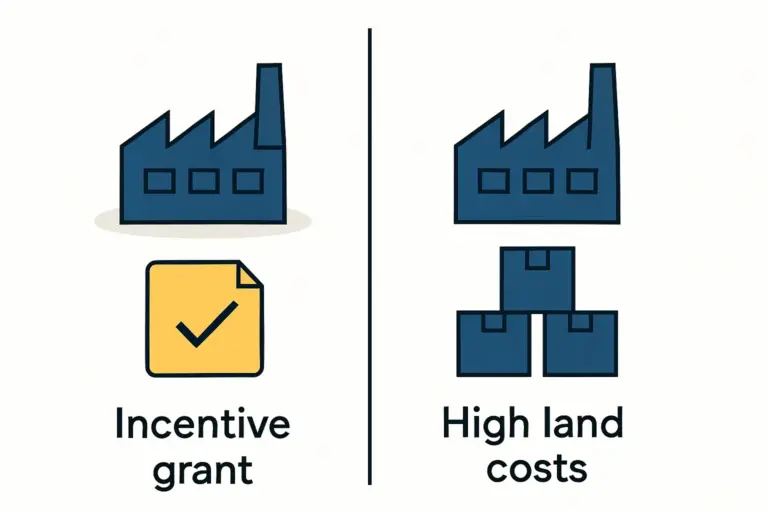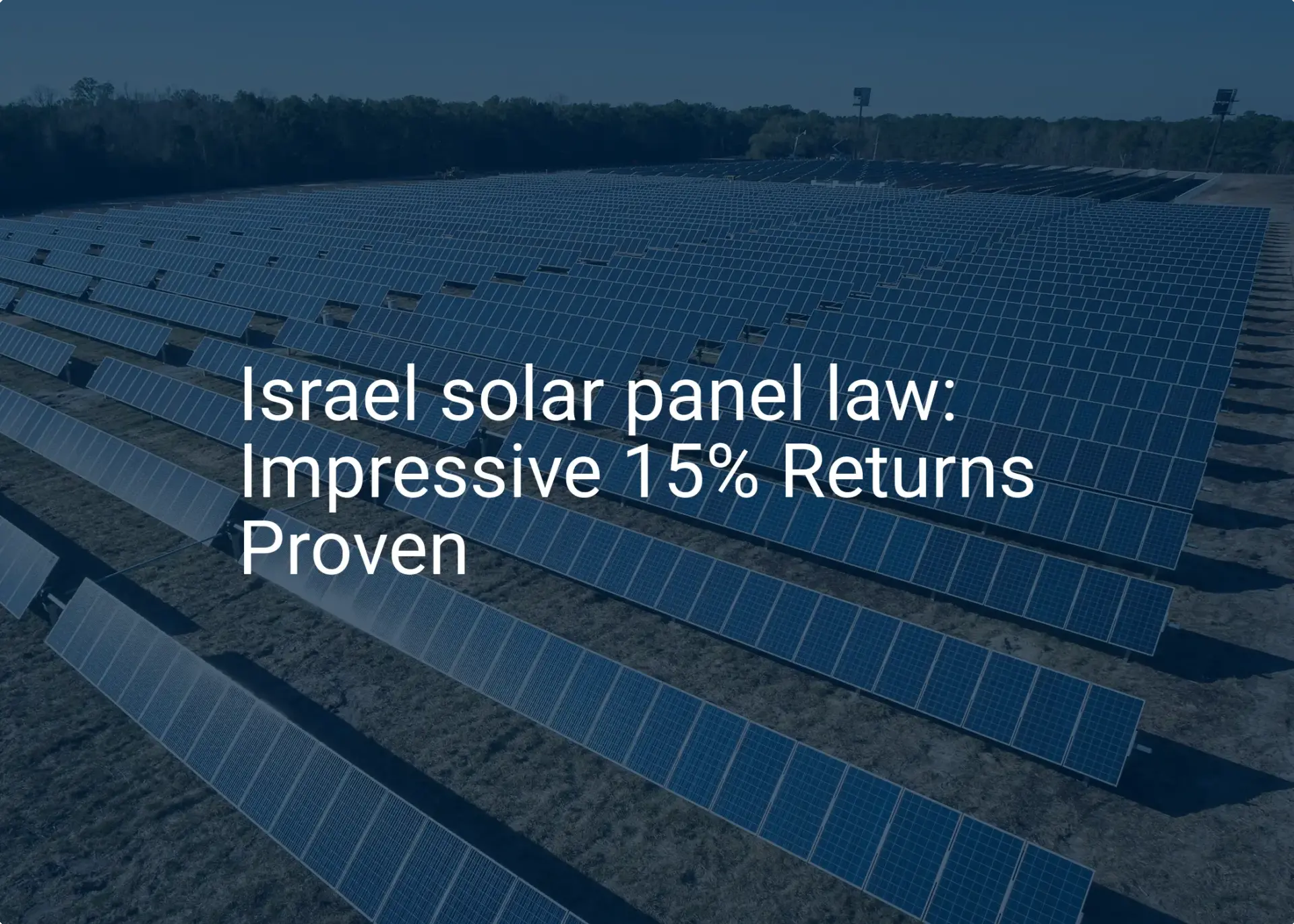Israel’s reputation as a “Startup Nation” is built on world-class technical talent and relentless innovation. For an entrepreneur establishing a solar module factory, this dynamic environment offers significant opportunities alongside unique challenges. While the nation boasts a deep pool of skilled engineers and technicians, competition for this talent is intense. A successful venture depends not on simply finding people, but on a strategic approach to attracting, training, and retaining the right workforce.
This guide explores the Israeli labor market for the solar manufacturing sector. It outlines how to leverage the country’s high-tech ecosystem and vocational training resources to build a competent and efficient production team—a critical component of any successful solar panel manufacturing business plan.
Understanding the Israeli Labor Landscape: A Double-Edged Sword
The Israeli workforce is one of the most highly educated in the world. According to OECD data, approximately 50.9% of adults hold a tertiary education degree, well above the average. Furthermore, the country’s investment in research and development is unparalleled at 5.6% of its GDP, fostering a culture of technical excellence and problem-solving.

This academic and R&D focus directly fuels the nation’s dominant high-tech industry, which employs around 14% of the workforce and contributes over 18% to the national GDP. For a new solar module manufacturer, this creates a dual reality:
-
Opportunity: There is an abundant supply of highly qualified engineers, programmers, and technicians with sophisticated technical skills.
-
Challenge: Your factory will be competing for this talent against established global tech giants and well-funded startups, which typically offer highly competitive salaries and benefits.
A successful staffing strategy must acknowledge this dynamic. Rather than competing directly on the same terms, a smarter approach focuses on identifying talent with transferable skills and creating a value proposition centered on growth, stability, and contributing to the vital renewable energy sector.
Leveraging the High-Tech Ecosystem for Key Engineering Roles
The core of a solar module production line relies on a team of skilled engineers responsible for process optimization, quality control, and equipment maintenance. While direct experience in photovoltaics is beneficial, it isn’t always essential. Many of the required competencies are readily found within Israel’s existing high-tech sectors.
Key transferable skills can be found in several parallel industries:
-
Semiconductor Manufacturing: Engineers and technicians from this industry have invaluable experience in cleanroom protocols, process control, automation, and handling delicate silicon-based materials.
-
Defense and Aerospace: Professionals from companies like Elbit Systems or Rafael are experts in systems integration, electrical engineering, and maintaining complex electromechanical machinery under strict quality standards.
-
Medical Device Manufacturing: This sector provides talent skilled in precision assembly, quality assurance protocols (like Six Sigma), and process validation—all directly applicable to the solar panel manufacturing process.
The strategy isn’t to find a “solar engineer” but to identify a skilled mechanical, electrical, or industrial engineer from a related field and then provide them with specialized, industry-specific training.
Sourcing Technicians and Operators from Vocational Programs
While engineers oversee the process, skilled technicians and machine operators are the backbone of daily production. They are responsible for operating the stringers, laminators, and testers that form the assembly line. Israel has a well-developed network of vocational and technical training institutions that can serve as a primary source for this talent.
The Ministry of Labor, Social Affairs, and Social Services oversees a wide range of vocational training programs. Additionally, established networks like the ORT schools and various technical colleges produce graduates with practical, hands-on skills in mechanics, electronics, and industrial control.

A proactive approach is to build relationships with these institutions. A new factory can:
-
Partner on curriculum development: Offer insights to ensure training programs align with the specific needs of modern solar manufacturing.
-
Establish internship programs: Provide students with practical experience, creating a direct pipeline for future recruitment.
-
Attend career fairs: Present solar manufacturing as a stable and technologically advanced career path for technically-minded graduates.
This ground-level engagement provides a consistent and cost-effective source of qualified technicians who are eager to enter a growing industry.
The Importance of Structured In-House Training
Regardless of a new hire’s background, a structured in-house training program is non-negotiable. The specific machinery and quality control protocols in a solar module factory require specialized knowledge.
Based on experience from J.v.G. Technology GmbH turnkey projects, this training is often included as part of the equipment and line commissioning process. A comprehensive program should cover three critical areas:
-
Machine Operation: Hands-on training for each piece of equipment, from the cell stringer to the final EL tester.
-
Quality Control: Instruction on visual inspection criteria, material handling standards, and the use of testing equipment to ensure every module meets certification requirements.
-
Maintenance Procedures: Training for the technical team on routine maintenance, troubleshooting, and calibration to minimize downtime and maximize output.

This initial, intensive training, often led by the technology provider, empowers the local team to take full ownership of the production line. It’s a critical investment in long-term operational excellence and a fundamental step in learning how to start a solar panel factory.
Frequently Asked Questions (FAQ)
What are the key roles to fill in a solar module factory?
A typical small-to-medium scale factory (20-50 MW) requires a core team including a Plant Manager, Production Engineer, Quality Control Engineer, Maintenance Technicians, and several Machine Operators for different shifts.
Is prior experience in the solar industry a mandatory requirement for all staff?
No. For engineering roles, experience in related high-tech manufacturing is highly valuable. For technicians and operators, a strong technical aptitude and vocational training in mechanics or electronics are often sufficient, as long as they receive thorough in-house training on the specific equipment.
How many employees are typically needed for a 50 MW production line?
A semi-automated 50 MW line operating in two shifts typically requires a team of approximately 25 to 35 people, including management, engineering, technical staff, and operators.
How does automation affect labor requirements?
Increased automation reduces the number of manual operators required, particularly in tasks like cell stringing and bussing. However, it increases the need for skilled technicians who can maintain and troubleshoot these complex automated systems. The trade-off is often fewer low-skill positions for more high-skill technical roles.
Is technical training usually provided by the equipment supplier?
Yes, reputable turnkey line providers almost always include comprehensive on-site training for the client’s new team. This ensures that the staff is fully competent in operating and maintaining the machinery from day one, which is crucial for a smooth production ramp-up.






